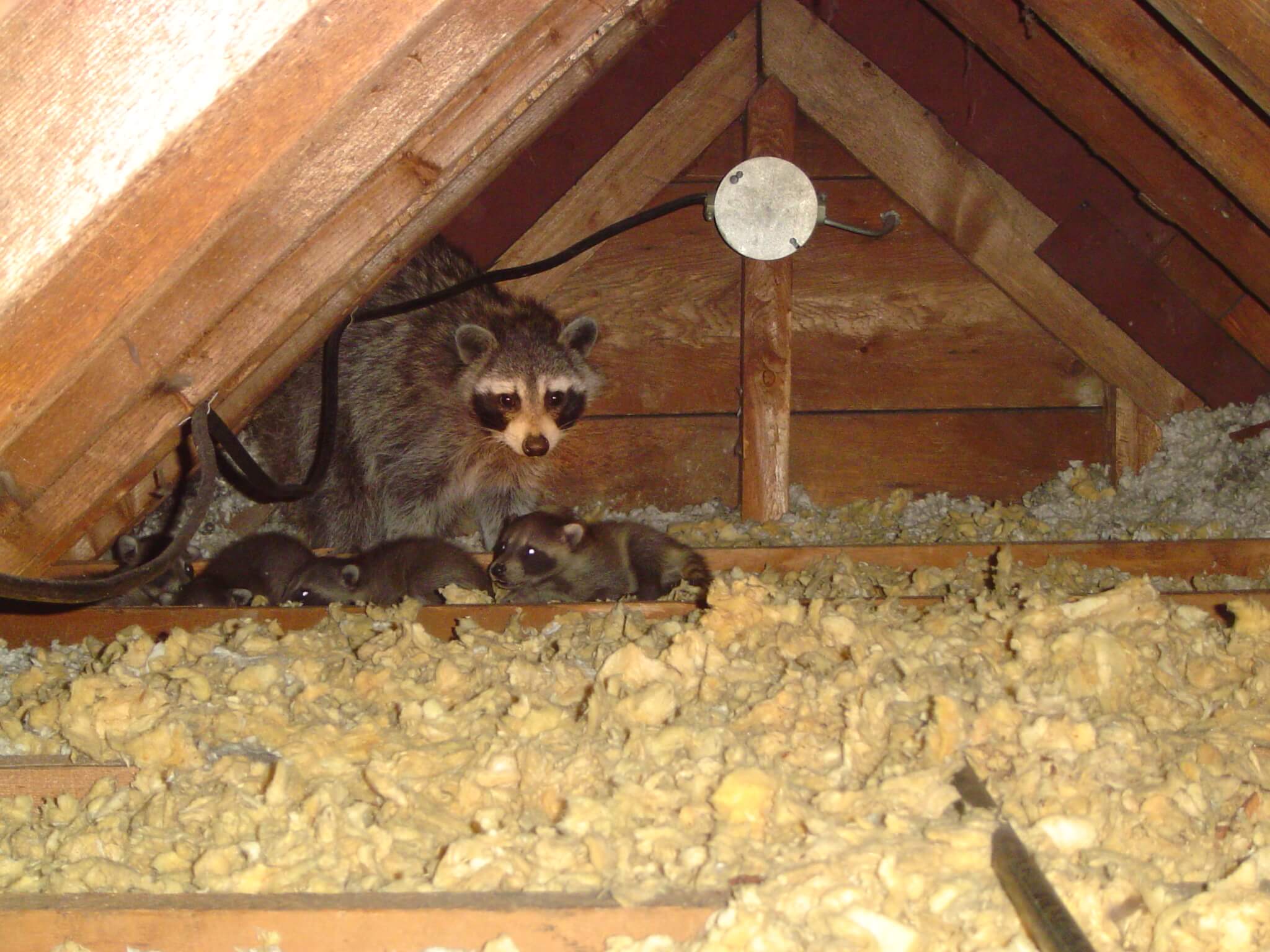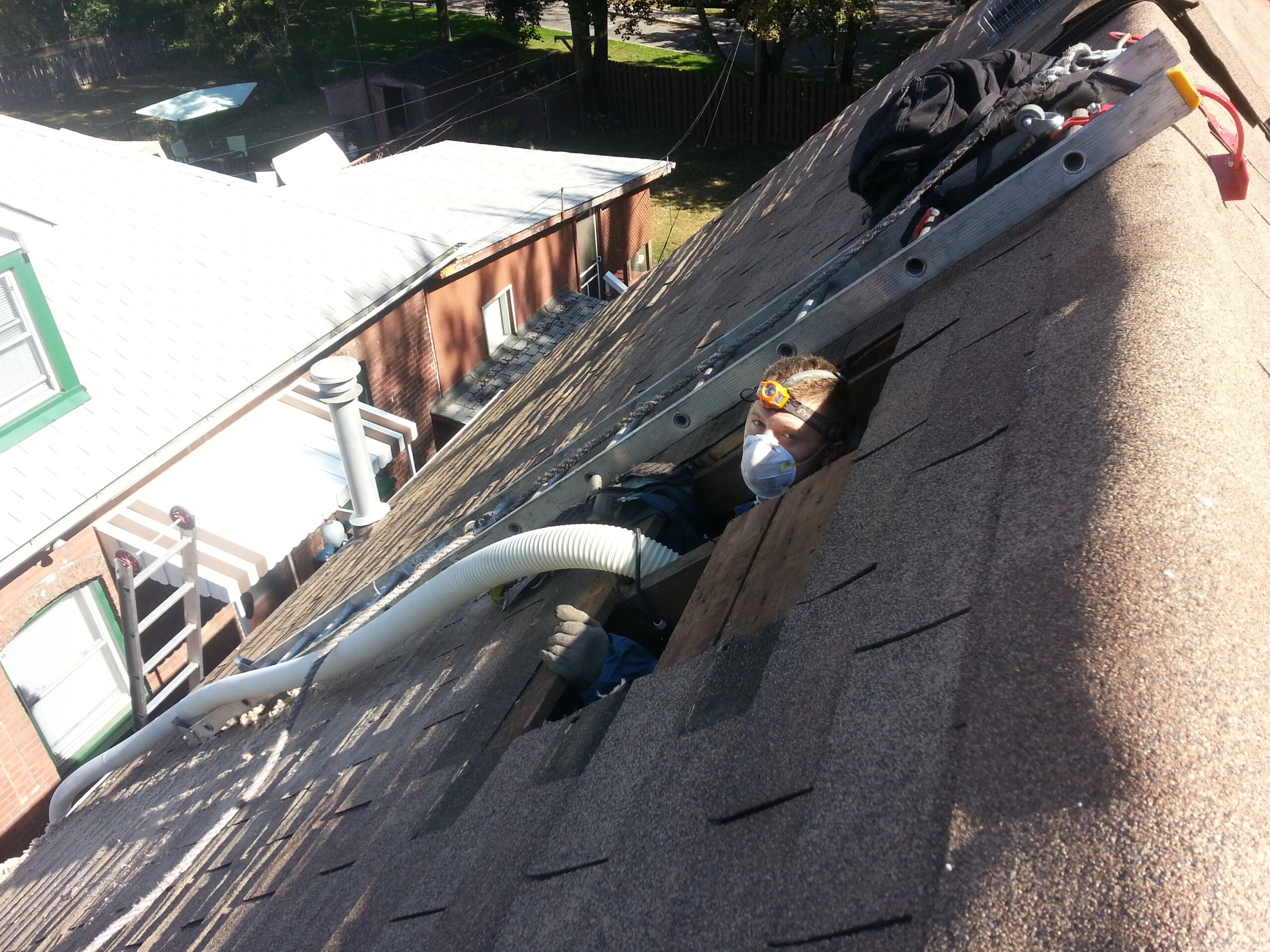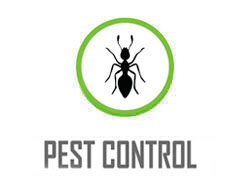
How to Safely Clean a Raccoon Latrine
Raccoons are very adaptable creatures. They can get anywhere and eat anything. But, like any other living thing all that food has to eventually end up somewhere. Raccoon feces can be very dangerous to the air quality of your home. Having raccoon latrines inside or around your home can lead to all sorts of difficulties.
Whether raccoons have made their way into your home or are simply just passing through, there is always a possibility they have left feces, or even made a latrine somewhere on your property. If you have young children who play in the yard, or a dog that likes to run free, it is important to constantly inspect your yard for signs of wildlife. While you inspect your yard, be sure to fill any holes or divots in the ground that raccoons may use to their advantage.
RACCOONS ALWAYS DEFECATE IN THE SAME PLACE
It sounds strange, a wild animal using the same area to relieve themselves. But, raccoons will only use a small area called a latrine to do their business. The accumulation of feces can result in a pungent odor. Generally, raccoon droppings resemble that of dog droppings. However, there’s one clear difference. Raccoon poop will have undigested food in it. So, there will be remnants of their previous meals. Latrines can commonly be found at tree bases, stumps, inside chimneys, under decks and in attics.
IT’S IMPORTANT TO CLEAN RACCOON LATRINES THEY CARRY LOTS OF DISEASE
Raccoon roundworm or Baylisascaris is the most commonly known parasite associated with raccoon feces. Eggs found in raccoon feces can infect humans if ingested. Children are most at risk because of their tendency toward putting objects in their mouths. Symptoms include loss of muscle control, liver complications, fatigue and blindness.
Giardia is a parasite that can be transmitted to any animal. It contaminates water, soil and any surface the virus might touch. Humans become infected by ingesting infected cysts. Symptoms include nausea, abdominal cramps, diarrhea and dehydration.
Leptospirosis is a bacterial infection found in raccoon urine. Symptoms are aching muscles, headache, high fever, jaundice and diarrhea.
Our pets are also at risk of being infected with one of these diseases. With dogs playing in the backyard without a leash, it is easy for them to accidently come in contact with a raccoon latrine. If you suspect you have raccoons somewhere on your property, keep your dog on the leash and keep a close eye on where they put their nose and mouth.
THAT’S WHY IT’S IMPORTANT TO PROPERLY CLEAN LATRINES
- Wear disposable rubber gloves and rubber boots you can scrub
- Wear an N95-rated respirator
- Use a spray bottle of water to mist and remove dust
- Shovel feces and place it in a bag
- Treat with boiling water
- Disinfect area
- Thoroughly clean clothes, shovel and boots
- Or, the best solution of all, call a professional
WHY PROFESSIONAL CLEANING IS BEST
It’s important to properly remove any raccoon latrines. Failure to observe safety protocols could put you and your family at increased health risk. Professionals have the equipment and know-how to prevent any disease from spreading. This is not a do-it-yourself job. If raccoon feces are ingested it can be very dangerous.

If you already have raccoons living in your attic, chimney or somewhere else on your property, the best way to prevent a build of raccoon droppings is with swift removal. Upon discovering a raccoon latrine or evidence of a raccoon den site in your home, contact Skedaddle Humane Wildlife Control. Skedaddle technicians can safely remove raccoons and all their droppings from your property and home. Call today! 1-888-592-0387
CALL US TODAY
1.888.592.0387
OR
Request for Services



FOLLOW US